How to Help Protect Endangered Species
Published Jan. 21 2021, 3:55 p.m. ET
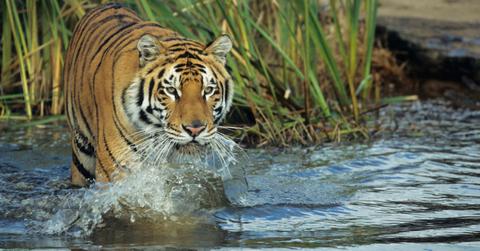
Human beings seem to have a fascination with endangered species. Perhaps it has something to do with collective guilt or the realization that if something is not done, these unique plants and creatures will be gone forever. It might seem hopeless to some, especially because so many of the most recognizable endangered animals are half a world away, but there are ways that you can help. Understanding how to protect endangered species begins with recognizing what measures need to be taken in order to make the greatest impact.
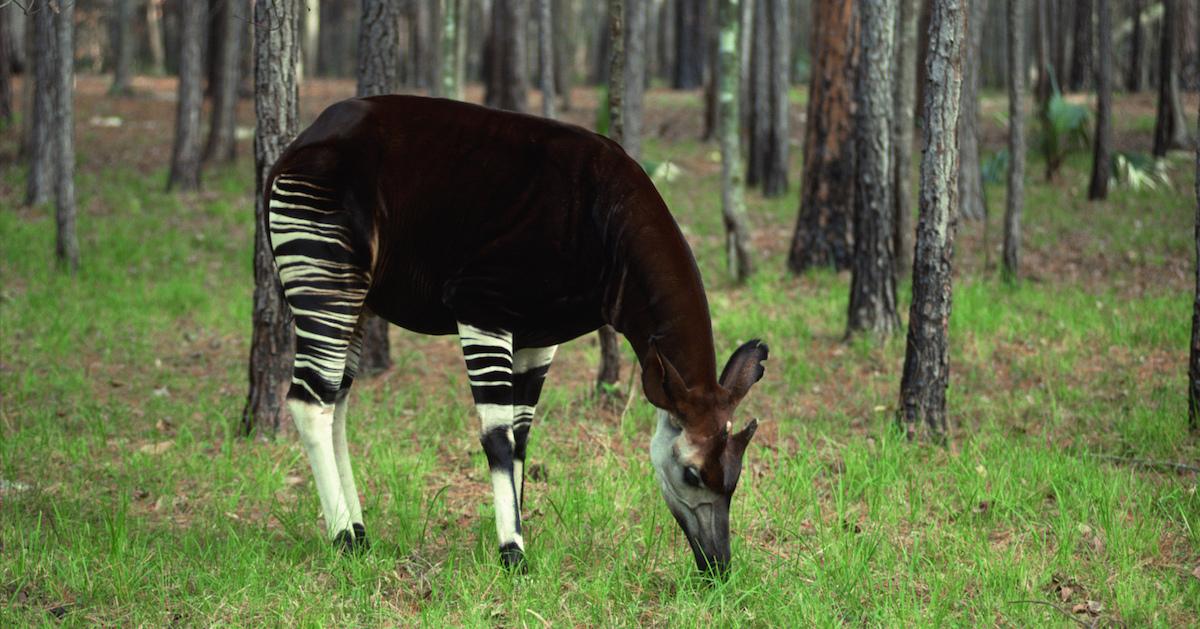
Why do endangered species matter?
It’s a question that we’ve asked a hundred times before. Endangered species matter because, in a way, their fate is tied directly to our own. Polar bears are losing their habitat because of climate change, a problem that we have been exacerbating for more than a century.
Climate change causes extreme changes to weather, more destructive storms and wildfires, and increased global temperatures — all of which affect humanity in one way or another. Endangered species matter because if we cannot protect them, how can we ultimately protect ourselves?
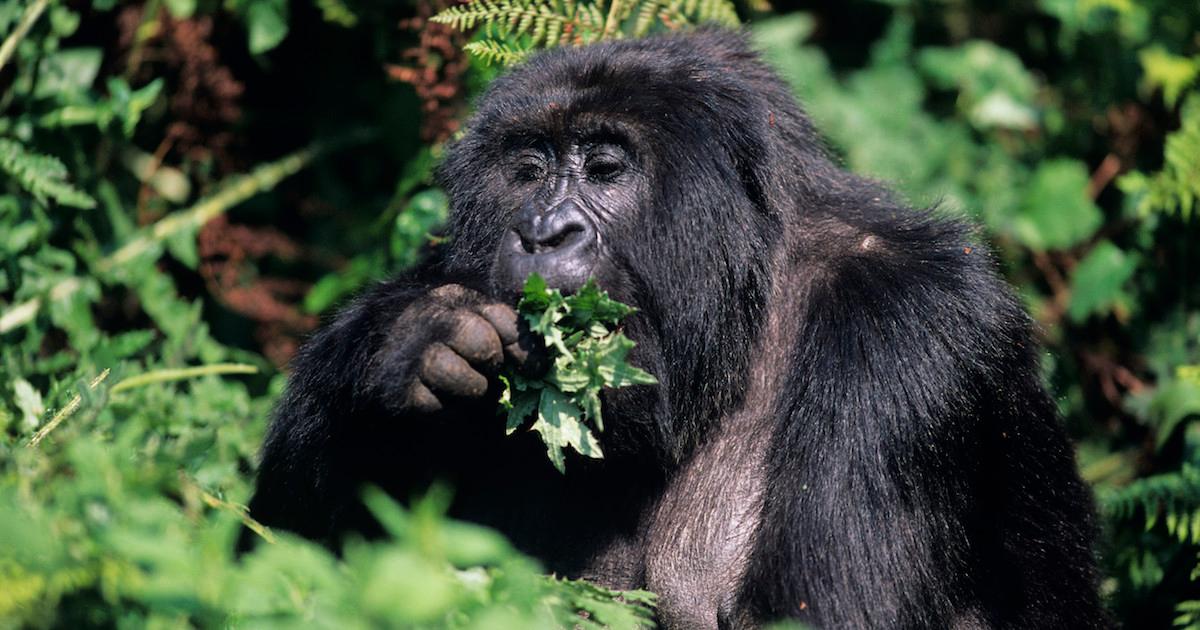
How to protect endangered species:
The Endangered Species Act (ESA) was first put into place in 1973. Its purpose was to improve upon the prior Endangered Species Conservation Act of 1969, an act that held strong language about the plight of endangered species but did very little to facilitate any actual protection.
The newly-minted ESA, though an American invention, was designed to work in tandem with other global conservation efforts. The legislation laid out in the different acts allowed for charitable organizations and governments to work together. Funding was provided, breeding programs were initiated, species were given protections, and punitive measures were created for those who threatened to harm endangered species.
Many of these organizations and programs are still around today. Groups like the World Wildlife Fund (WWF), the International Rhino Fund (IRF), and the Wildlife Conservation Society (WCS) are just a few examples. Unfortunately, modern legislation and government bodies defunding and stymying the programs that might allow those altruistic organizations to make an actual difference.
All hope is not lost. There are still many people in this world who are concerned enough with the plight of these endangered animals to continue to fight. And while the experts and scientists do their best to keep up the good work, you too can help.
How can I help protect endangered species?
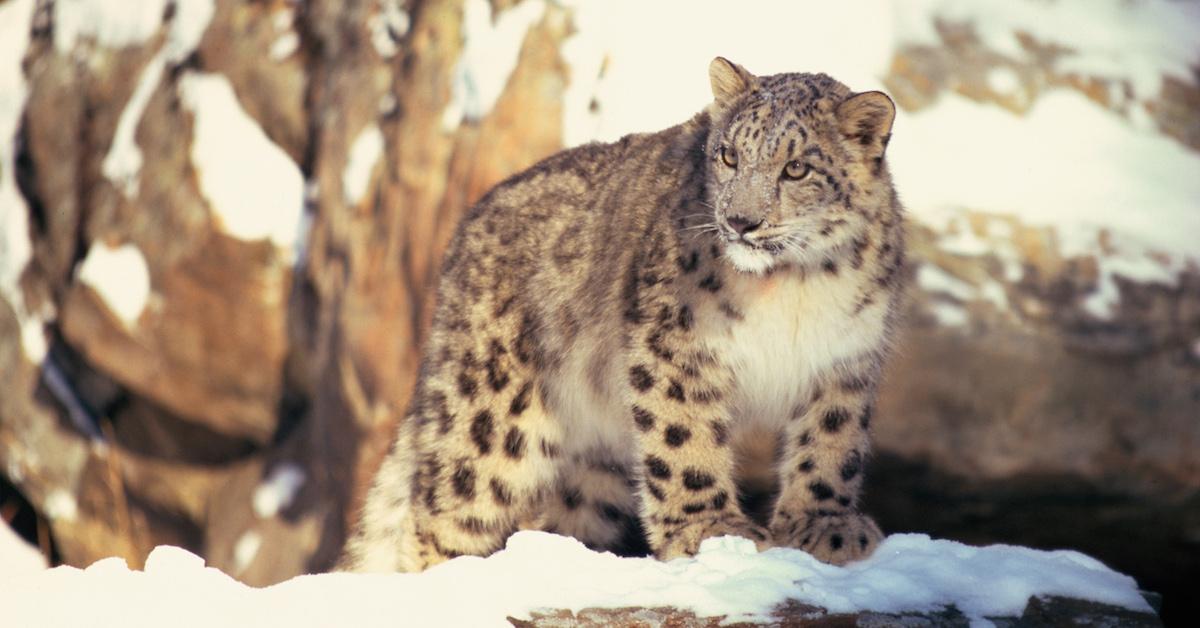
There are many ways that you can help protect endangered species, even without being a part of one of these organizations.
Reduce your environmental impact
Reducing your own environmental impact will affect so many of the problems that endangered species face. Driving less, buying local, or switching to renewable power will reduce your impact on climate change by lowering your own personal emission levels. You can also avoid buying or using single-use plastic products whenever possible.
Less plastic waste will mean less plastic ending up in marine habitats. You could recycle, start a compost pile, and choose to shop and live a in more sustainable ways. You can also avoid using harsh chemicals, fertilizers, or cleaners.
Educate people
Educating yourself, your friends, and your family about the plight of endangered species is a great way to spread the word. Knowledge is one of the greatest tools we have in the fight for protecting endangered species. Perhaps if more people in power knew what was happening to the whales or snow leopards, they might be more inclined to do something themselves.
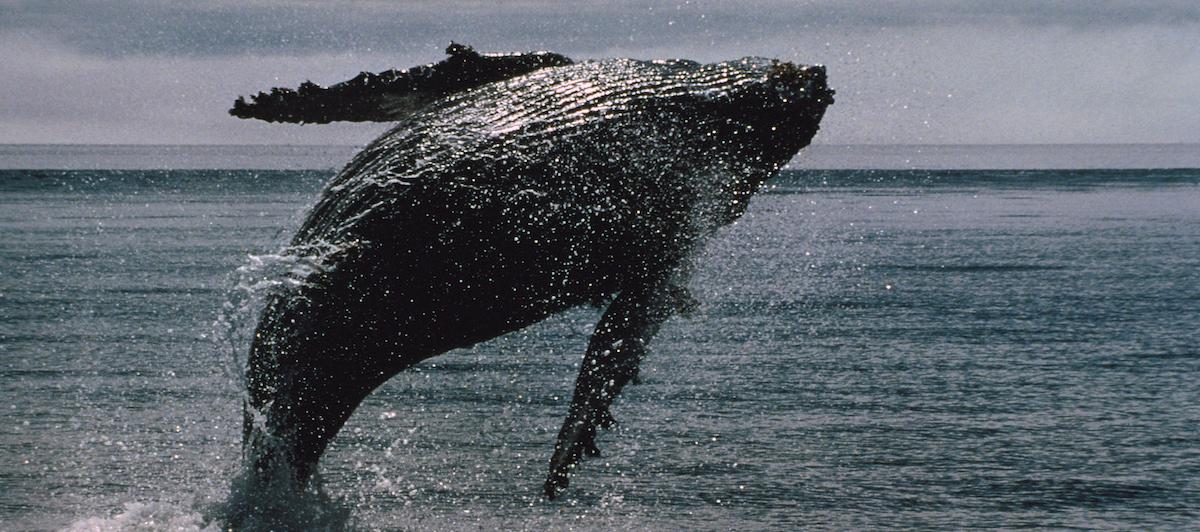
Put pressure on civil servants and businesses
Politicians and business owners can choose to ignore the scientific evidence all they want but the power of public opinion is something that many of them take quite seriously. Voters and consumers influence more decisions than you might guess. You could do this by writing to them, posting on social media, or simply signing petitions. Believe us, if enough people say something, even those at the top are bound to hear it.
Volunteer your time or money
You must understand that every little thing you do to help the environment has the potential to make a huge difference. It could be as simple as starting a backyard garden or cleaning up your local river — no matter what the effort, it will still help. If you don’t have time to volunteer, there are plenty of environmental charities or organizations that would be glad to receive a financial donation to the cause.
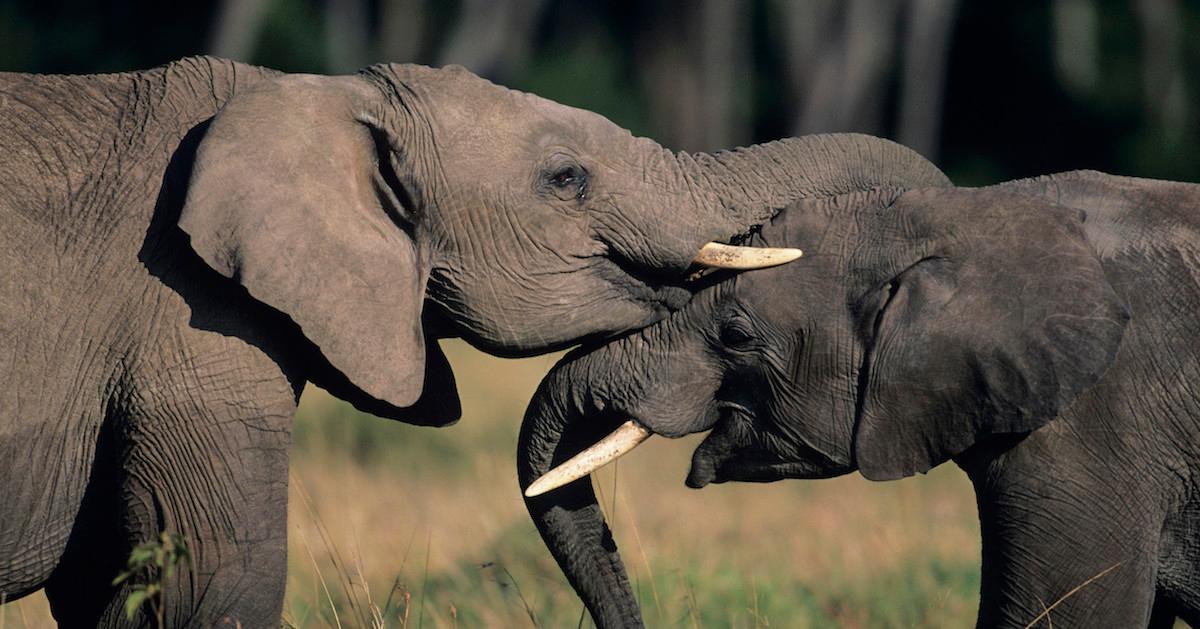
Be sure you do your research before making any donation, just to make sure the charity is legitimate. Protecting endangered species is of more supreme importance than we realize. We do it because they matter, because it’s our responsibility and because if we do not, then our children will never experience the thrill of seeing an elephant in person — and that is a thought that this writer simply cannot abide.